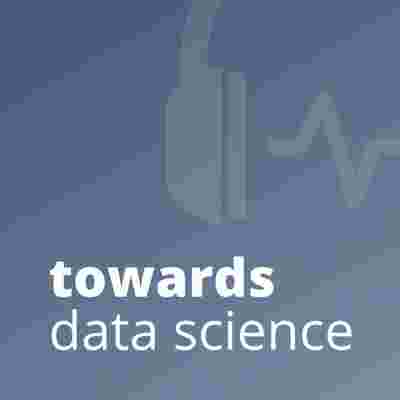

Imagine, for example, an AI that’s trained to identify cows in images. Ideally, we’d want it to learn to detect cows based on their shape and colour. But what if the cow pictures we put in the training dataset always show cows standing on grass?
In that case, we have a spurious correlation between grass and cows, and if we’re not careful, our AI might learn to become a grass detector rather than a cow detector. Even worse, we could only realize that’s happened once we’ve deployed it in the real world and it runs into a cow that isn’t standing on grass for the first time.
So how do you build AI systems that can learn robust, general concepts that remain valid outside the context of their training data?
That’s the problem of out-of-distribution generalization, and it’s a central part of the research agenda of Irina Rish, a core member of the Mila— Quebec AI Research institute, and the Canadian Excellence Research Chair in Autonomous AI. Irina’s research explores many different strategies that aim to overcome the out-of-distribution problem, from empirical AI scaling efforts to more theoretical work, and she joined me to talk about just that on this episode of the podcast.
***
Intro music:
- Artist: Ron Gelinas
- Track Title: Daybreak Chill Blend (original mix)
- Link to Track: https://youtu.be/d8Y2sKIgFWc
***